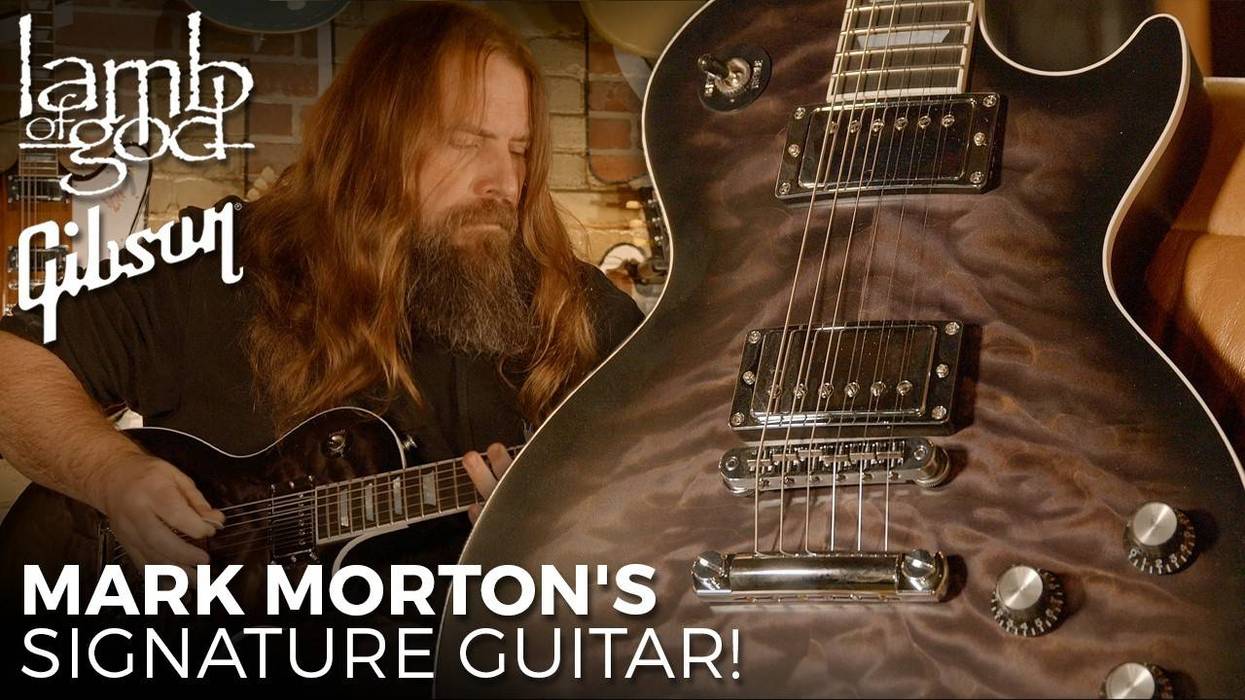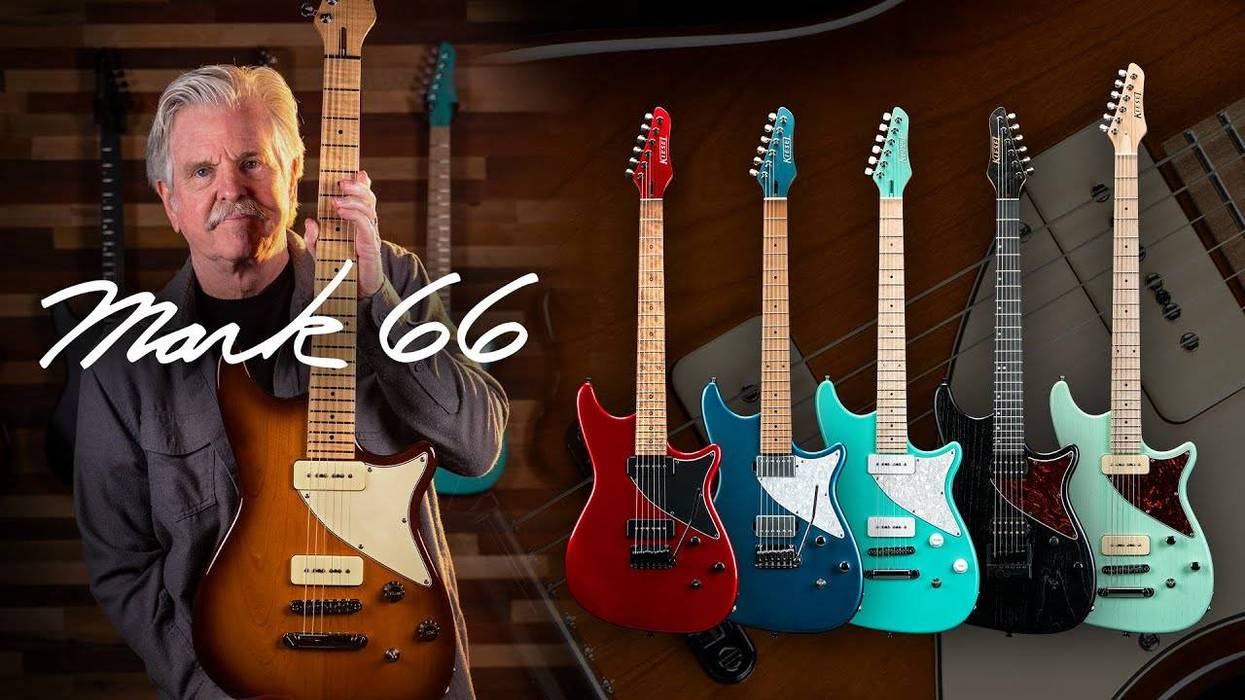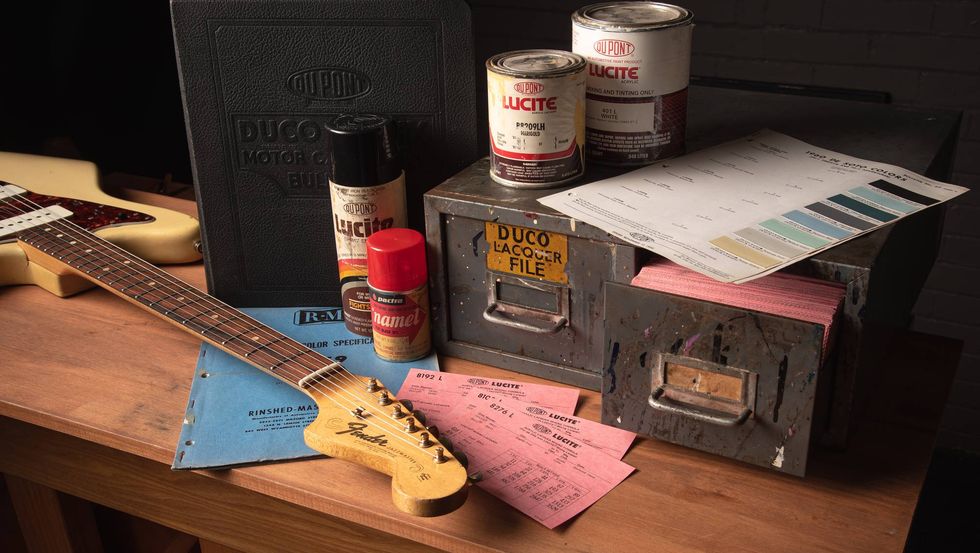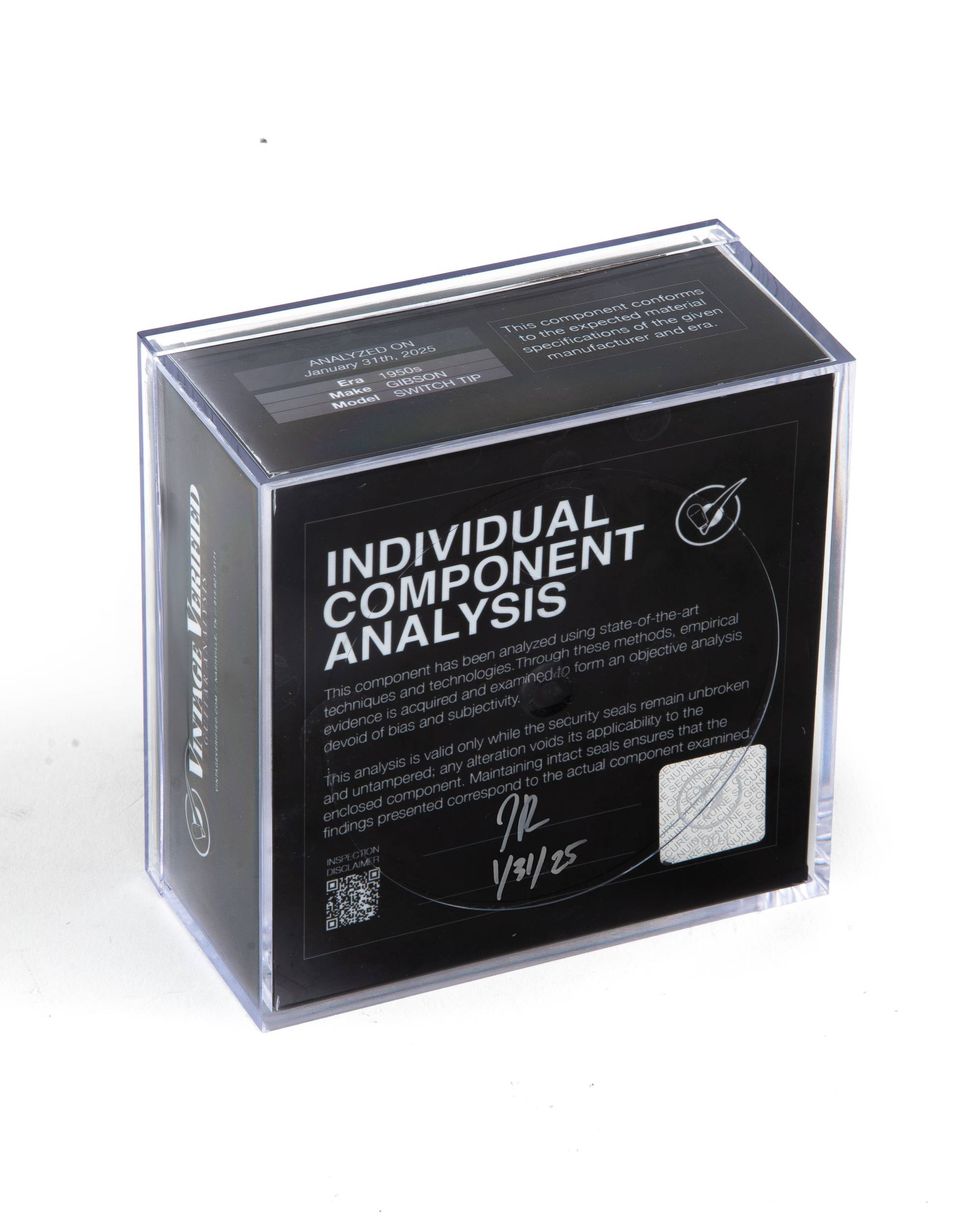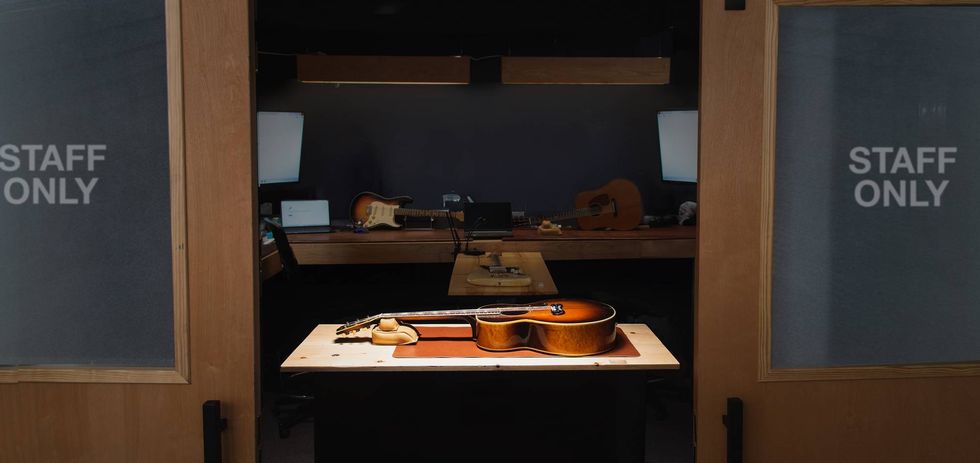The Roland Space Echo is one of the coolest delays ever. It ran on an interior tape loop that looked like a hedgerow maze from above, and the hippest version—the RE-301—had two playback heads for sound-on-sound recording, so it could function as a looper, too.
One of the latest Space Echo homages, the Nu-X Tape Core Deluxe, is digital, but it convincingly performs some of the Space Echo’s best analog tricks. It’s easy it is to drive a signal into analog-style delay-feedback or use the repeat control transform the universe into a series of slapping oscillations plucked from This Island Earth. And by using an expression pedal with the Tape Core (not included), the magnitude of those oscillations becomes deliciously controllable and combustible.
Ratings
Pros:
Sweet, clean Space Echo sounds with added tape head options at a fraction of the cost. Expression pedal utility rocks.
Cons:
Slightly noisy toggle. Only 40 seconds of looping. Fewer options than some modern tape delay simulations. Gobbles 9V batteries.
Tones:
Ease of Use:
Build/Design:
Value:
Street:
$99
Nu-X Tape Core Deluxe
nuxefx.com
From Basic to Batty
I love exploring a pedal’s capacity for weirdness, and the Nu-X offers a lot via its basic voices and a software editor that enables delay combinations. But there’s a lot to like about the Tape Core that’s less far out.
Let’s start here: It’s $99 versus the RE-301 I saw on eBay for $1,499. There’s also simplicity. The solidly built pedal comes in a cast-aluminum with one in and two output jacks for playing in sweet, dimensional stereo. There are four dials on top. Three are marked time, mix, and repeat—familiar to anybody who’s used a delay. The fourth has a graduated dial, marked for positions 1 through 7, and “SOS”. The SOS stands for sound-on-sound and provides 40 seconds of sonically accurate looping. But much of the Tape Core’s secret sauce is within those numeric settings.
The numeric settings represent virtual playback heads and various playback sequences. Settings 1, 2, and 3 correspond directly to the three heads on a Space Echo, providing the Tape Core’s shortest and longest delays, which range from 55 ms to 546 ms. The other settings use multi-repeats to fatten tones and lend hints of Echorec and Copicat-style delay colors. Mode 4 blends head 1 and 2, mode 5 blends 2 and 3, mode 6 blends 1 and 3, and mode 7 uses all three. Mode 4 provides a fat, singing tone. Popping a fuzz pedal in front of the Tape Core on 7 yielded sounds like Sam Andrews’ sinuous tone on Big Brother and the Holding Company’s Cheap Thrills. In general, though, the Nu-X’s tonality is brighter and sharper than a real Space Echo.
The Tape Core also has a toggle with normal, T-lock, and trails settings. On normal, delay trails end abruptly when the pedal is clicked off. T-lock is clumsiness insurance: If you bump a dial while playing, your setting is unaffected. The trails can be a little magical, enabling delay trails to continue to roll in diminishing waves, allowing for a cool psychedelic song finale and solo transitions. Alas, small switching sounds were occasionally audible while using the toggle. You should also use an adaptor, because the Tape Core eats 9V batteries like candy.
The Verdict
If you’re not into retro, the Nu-X Tape Core Deluxe may not be the delay/looper for you. But it is a cool, and very cheap, efficient way to incorporate the sounds of the legendary Space Echo into your own effects palette. By adding an expression pedal, those sounds are more controllable than ever.
Watch the Review Demo:










